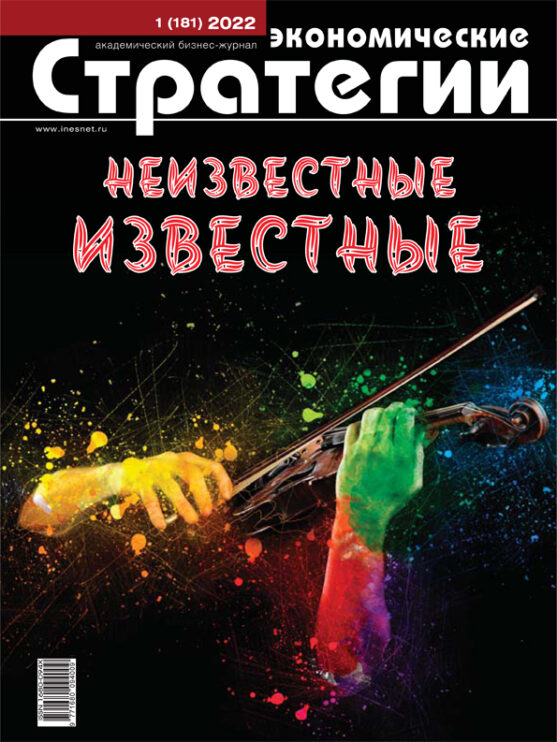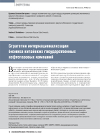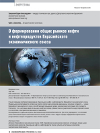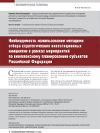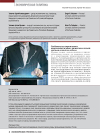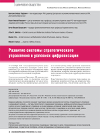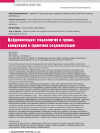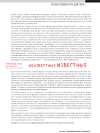Strategies for Business Internationalization of Chinese State-Owned Oil and Gas Companies
DOI: https://doi.org/10.33917/es-1.181.2022.72-79
The article is devoted to the analysis of the specifics of the business international expansion of large Chinese state-owned companies in the oil and gas sector: China National Oil and Gas Corporation (CNPC), China Petrochemical Corporation (SINOPEC), China National Offshore Oil Corporation (CNOOC). The article examines the strategic guidelines of the companies, the factors influencing the strategies, formats and forms of expansion, regional specifics of business internationalization, trends in the development of activities in foreign markets. The problems of specialization and business diversification of the studied companies are considered. Special attention is paid to the role of the state in the processes of international expansion of Chinese oil and gas companies.
Источники:
1. Bhattacharyya S. China and the Global Energy Crisis: Development and Prospects for China’s Oil and Natural Gas. International Journal of Energy Sector Management, 2017, Vol. 1, N 2, pp. 56–61.
2. Shell sells shale stake to China. International Gas Report, 2012, February, 13.
3. PetroChina snaps up remainder of AOSC’s MacKay River project. The Oil and Gas Journal, 2018, January, 16, pp. 71–75.
4. Devon and Sinopec team up for five-play venture. Upstream, 2019, January, 6, pp. 32–37.
5. Neftyanaya i neftepererabatyvayushchaya promyshlennost’ Kitaya [Oil and Refining Industry in China]. TsDU TEK, 2020, March, 30, available at: http://www.cdu.ru/tek_russia/articles/1/725/
6. Ghemawat P. Strategy and the Business Landscape. 3rd ed., Prentice Hall, 2010.


